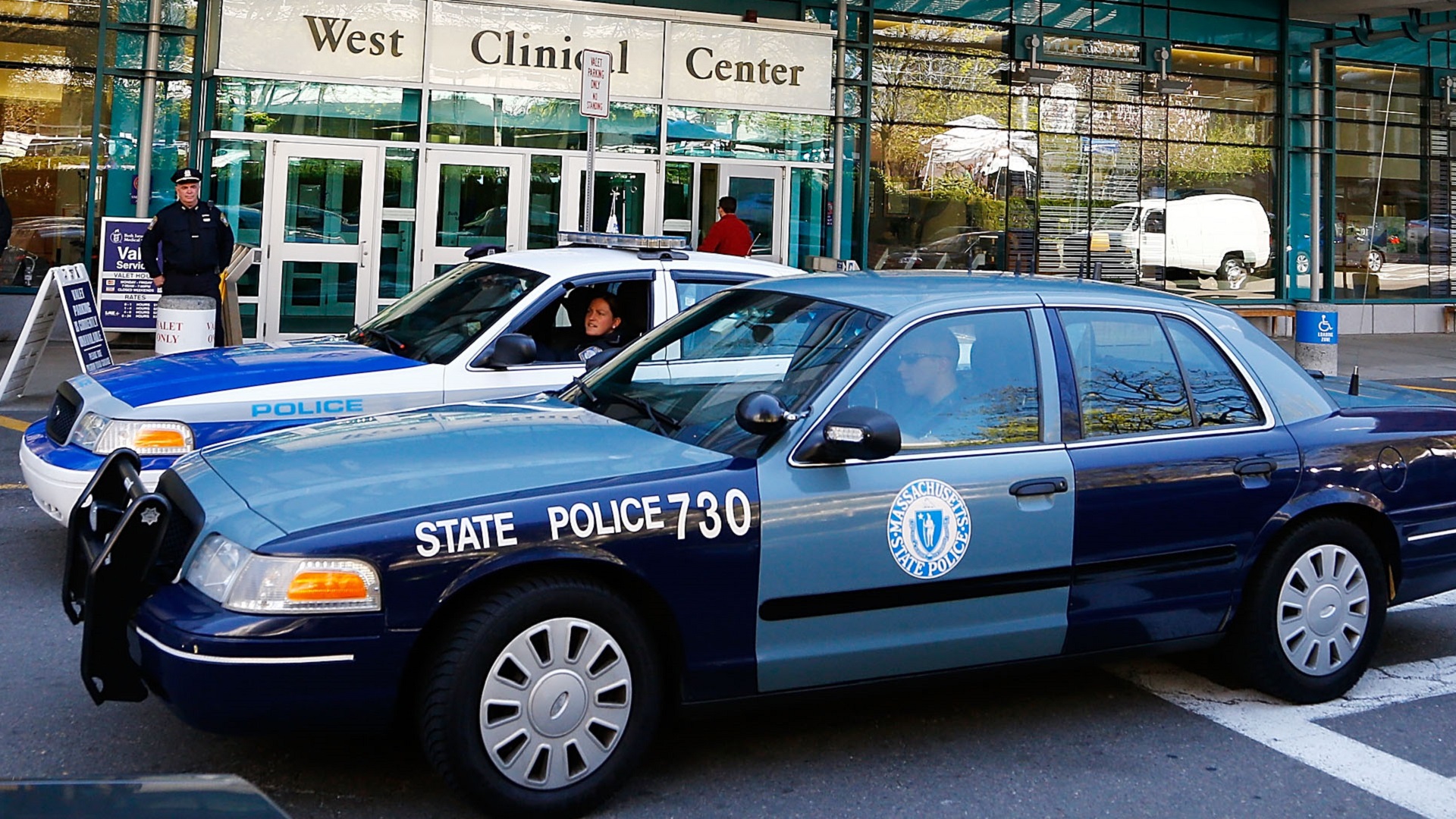

The general public may not believe that marijuana causes more crashes, yet Massachusetts has seen a 65 percent increase in driver’s license revocations for operating under the influence in the past three years, reports NBC Boston. Police officers are finding themselves ill-equipped to deal with the problem effectively due to a lack of equipment and specialized training.
The legalization of recreational marijuana is part of the problem. Existing laws prohibiting drivers from being under any influence of drugs, including marijuana, have remained unchanged, and rightfully so. But while it’s simple enough to blow into a breathalyzer and measure blood alcohol content, there is not yet a similar effective test for marijuana. Blood tests only indicate if a person has used marijuana within the past 30 days, which, in itself, is legal. That means police must resort to the more subjective method of field sobriety tests.
But a state Supreme Court case last year declared that police officers may not use such tests to offer an opinion in court as to whether a driver is under the influence of marijuana unless the officer is a trained drug recognition expert. This leaves the majority of officers with little they can do except report their observations and hope a judge or jury decides in their favor.
We contacted the National Highway Traffic Safety Administration regarding a new drugged driving initiative it started in January. NHTSA provided the following statement:
“A field sobriety test for marijuana use would detect that a suspect is impaired by marijuana. Such a test would have to have high specificity, meaning that the test would only detect impairment due to marijuana use and nor for any other reason. Law enforcement would not use a test that had false positives, in other words falsely suggested someone was impaired by marijuana when they were not. At the same time, the test would ideally be appropriately sensitive to the effects of marijuana and not indicate that someone was not impaired by marijuana when they really were.”
Unfortunately, Massachusetts law enforcement does not appear to have such a test at its disposal at this time, though the State Police recently completed gathering data from a new roadside drug test they hope to use. We reached out to multiple law enforcement agencies in Massachusetts for comment, but none have responded.
Massachusetts State Police Trooper Patrick Mahady told NBC Boston, “If people get pulled over and the cop isn’t trained in identifying the type of drugs that they’re using or he’s not trained in identifying the types of impairment, the message will get out, ‘It’s OK. He let me go.’ The worst-case scenario is that they let them back on the road. They let them back on the road and they drive away.”